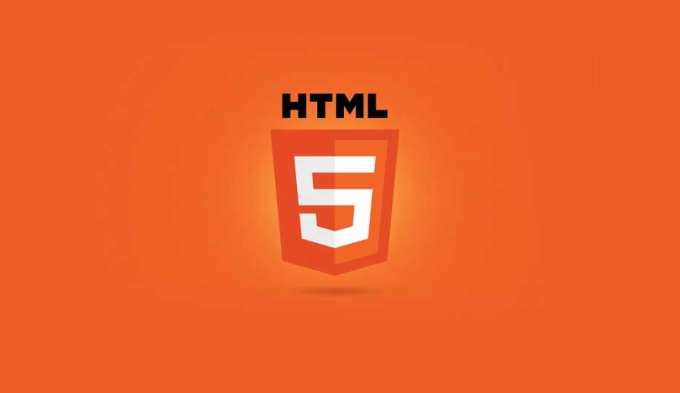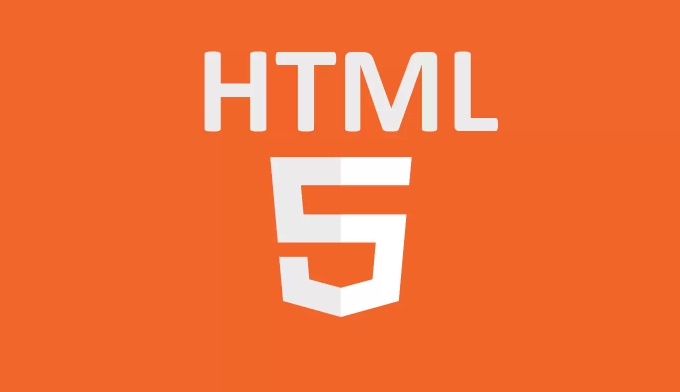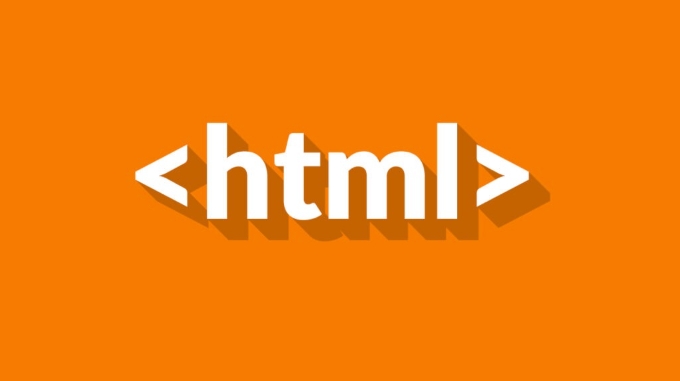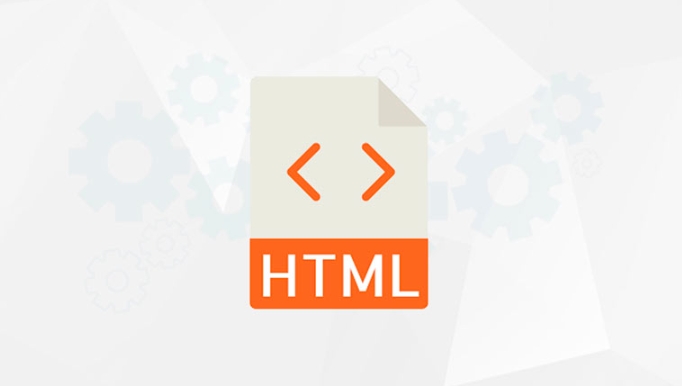The garbled code of web pages is usually due to incorrect charset settings in HTML. charset is used to specify the character encoding method used by web pages to ensure that the browser correctly parses the text content. Common encoding methods include UTF-8, ISO-8859-1, GBK/GB2312, etc. To set the charset correctly, add <meta charset="UTF-8"> in the
part of the HTML, while ensuring that the file storage encoding is consistent with the settings. In addition, you need to check whether the server response header is set to the correct Content-Type encoding. If garbled code still appears, you can check whether the file storage encoding, browser loading encoding, server character set and external resource encoding are consistent. In short, file encoding, HTML settings and server configuration can only be unified to avoid garbled code problems.
Web pages display garbled code? It may be that charset in HTML is not set correctly.

Have you ever encountered a web page that turns into a bunch of question marks or garbled codes in Chinese? This is usually not because the web page is broken, but because the character encoding is not set properly. charset in HTML is used to tell the browser which encoding method to parse page content. Only when the settings are correct can the text be displayed normally.
What is charset and why is it important?
charset is an attribute in the HTML <meta> tag that specifies the character encoding method used by web pages. Simply put, it tells the browser: "You have to use this encoding to read my page, or there will be an error."

For example, if your HTML file is saved with UTF-8 encoding, but you write charset=ISO-8859-1 in meta tag, then the browser may use the wrong encoding method, and the result is garbled code.
Common coding methods include:

- UTF-8 : Most commonly used, supports almost all languages around the world
- ISO-8859-1 : Commonly used in Western European languages, but not supported in Chinese
- GBK / GB2312 : Commonly used in early Chinese web pages
How to set charset correctly?
Setting up charset is very simple, just add this line of code to part of the HTML file:
<meta charset="UTF-8">
Pay attention to a few details:
This line of code is best placed at the front of
<head>, the earlier the better, so as to avoid the browser starting to use default encoding before parsing it (usually UTF-8, but not guaranteed)Make sure that the encoding used when saving your HTML file is consistent with
charsetsettings. For example, if you writeUTF-8, but the file is actually saved asGBK, then there will still be an errorIf you are using server-generated pages, such as PHP, Node.js, etc., you should also check whether the HTTP response header has set
Content-Typeencoding, such as:Content-Type: text/html; charset=UTF-8
If the HTTP header conflicts with the
metasettings in HTML, the browser may preferentially use the encoding in the HTTP header
Frequently Asked Questions and Troubleshooting Methods
Sometimes even if you write
charset, it is still garbled. At this time, you can check from these aspects:- ? Check the encoding format of HTML file saving (you can use an editor to view it, for example, the encoding will be displayed in the lower right corner of VS Code)
- ? Check the "response header" or "page information" in the browser developer tool (F12) to confirm whether the actually loaded encoding is correct.
- ? If it is a page generated by the server dynamically, check whether the server has set the correct character set.
- ? If there are external resources (such as JS, CSS) on the page, make sure that the encoding of these files is consistent.
A tip: If you are not sure what encoding is currently using on the web page, you can manually switch the encoding in the browser (right-click on Chrome → "View Page Information" → Encoding options) to see if there is any that can be displayed normally.
Basically that's it
Setting up
charsetlooks simple, but it's easy to ignore the details. As long as you remember: the encoding of file saving, themetasetting of HTML, and the response head of the server are consistent, there will be no problem.Don’t underestimate this small tag, it is the basis for the normal display of web text.
The above is the detailed content of Understanding HTML `charset` for Character Encoding. For more information, please follow other related articles on the PHP Chinese website!

Hot AI Tools

Undress AI Tool
Undress images for free

Undresser.AI Undress
AI-powered app for creating realistic nude photos

AI Clothes Remover
Online AI tool for removing clothes from photos.

Clothoff.io
AI clothes remover

Video Face Swap
Swap faces in any video effortlessly with our completely free AI face swap tool!

Hot Article

Hot Tools

Notepad++7.3.1
Easy-to-use and free code editor

SublimeText3 Chinese version
Chinese version, very easy to use

Zend Studio 13.0.1
Powerful PHP integrated development environment

Dreamweaver CS6
Visual web development tools

SublimeText3 Mac version
God-level code editing software (SublimeText3)
 Applying Semantic Structure with article, section, and aside in HTML
Jul 05, 2025 am 02:03 AM
Applying Semantic Structure with article, section, and aside in HTML
Jul 05, 2025 am 02:03 AM
The rational use of semantic tags in HTML can improve page structure clarity, accessibility and SEO effects. 1. Used for independent content blocks, such as blog posts or comments, it must be self-contained; 2. Used for classification related content, usually including titles, and is suitable for different modules of the page; 3. Used for auxiliary information related to the main content but not core, such as sidebar recommendations or author profiles. In actual development, labels should be combined and other, avoid excessive nesting, keep the structure simple, and verify the rationality of the structure through developer tools.
 How to group options within a select dropdown using html?
Jul 04, 2025 am 03:16 AM
How to group options within a select dropdown using html?
Jul 04, 2025 am 03:16 AM
Use tags in HTML to group options in the drop-down menu. The specific method is to wrap a group of elements and define the group name through the label attribute, such as: 1. Contains options such as apples, bananas, oranges, etc.; 2. Contains options such as carrots, broccoli, etc.; 3. Each is an independent group, and the options within the group are automatically indented. Notes include: ① No nesting is supported; ② The entire group can be disabled through the disabled attribute; ③ The style is restricted and needs to be beautified in combination with CSS or third-party libraries; plug-ins such as Select2 can be used to enhance functions.
 Implementing Clickable Buttons Using the HTML button Element
Jul 07, 2025 am 02:31 AM
Implementing Clickable Buttons Using the HTML button Element
Jul 07, 2025 am 02:31 AM
To use HTML button elements to achieve clickable buttons, you must first master its basic usage and common precautions. 1. Create buttons with tags and define behaviors through type attributes (such as button, submit, reset), which is submitted by default; 2. Add interactive functions through JavaScript, which can be written inline or bind event listeners through ID to improve maintenance; 3. Use CSS to customize styles, including background color, border, rounded corners and hover/active status effects to enhance user experience; 4. Pay attention to common problems: make sure that the disabled attribute is not enabled, JS events are correctly bound, layout occlusion, and use the help of developer tools to troubleshoot exceptions. Master this
 Configuring Document Metadata Within the HTML head Element
Jul 09, 2025 am 02:30 AM
Configuring Document Metadata Within the HTML head Element
Jul 09, 2025 am 02:30 AM
Metadata in HTMLhead is crucial for SEO, social sharing, and browser behavior. 1. Set the page title and description, use and keep it concise and unique; 2. Add OpenGraph and Twitter card information to optimize social sharing effects, pay attention to the image size and use debugging tools to test; 3. Define the character set and viewport settings to ensure multi-language support is adapted to the mobile terminal; 4. Optional tags such as author copyright, robots control and canonical prevent duplicate content should also be configured reasonably.
 Best HTML tutorial for beginners in 2025
Jul 08, 2025 am 12:25 AM
Best HTML tutorial for beginners in 2025
Jul 08, 2025 am 12:25 AM
TolearnHTMLin2025,chooseatutorialthatbalanceshands-onpracticewithmodernstandardsandintegratesCSSandJavaScriptbasics.1.Prioritizehands-onlearningwithstep-by-stepprojectslikebuildingapersonalprofileorbloglayout.2.EnsureitcoversmodernHTMLelementssuchas,
 How to associate captions with images or media using the html figure and figcaption elements?
Jul 07, 2025 am 02:30 AM
How to associate captions with images or media using the html figure and figcaption elements?
Jul 07, 2025 am 02:30 AM
Using HTML sums allows for intuitive and semantic clarity to add caption text to images or media. 1. Used to wrap independent media content, such as pictures, videos or code blocks; 2. It is placed as its explanatory text, and can be located above or below the media; 3. They not only improve the clarity of the page structure, but also enhance accessibility and SEO effect; 4. When using it, you should pay attention to avoid abuse, and apply to content that needs to be emphasized and accompanied by description, rather than ordinary decorative pictures; 5. The alt attribute that cannot be ignored, which is different from figcaption; 6. The figcaption is flexible and can be placed at the top or bottom of the figure as needed. Using these two tags correctly helps to build semantic and easy to understand web content.
 HTML for email templates tutorial
Jul 10, 2025 pm 02:01 PM
HTML for email templates tutorial
Jul 10, 2025 pm 02:01 PM
How to make HTML mail templates with good compatibility? First, you need to build a structure with tables to avoid using div flex or grid layout; secondly, all styles must be inlined and cannot rely on external CSS; then the picture should be added with alt description and use a public URL, and the buttons should be simulated with a table or td with background color; finally, you must test and adjust the details on multiple clients.
 How to embed content from another site using the html iframe tag?
Jul 04, 2025 am 03:17 AM
How to embed content from another site using the html iframe tag?
Jul 04, 2025 am 03:17 AM
Use tags to embed other website content into your own web page. The basic syntax is:, you can add width, height, and style="border:none;" to control the appearance; in order to achieve responsive layout, you can set the size through percentage or use containers to combine padding and absolute positioning to maintain the aspect ratio, while paying attention to cross-domain restrictions, loading performance, SEO impact, and security policies. Common uses include embedding maps, third-party forms, social media content and internal system integration.






